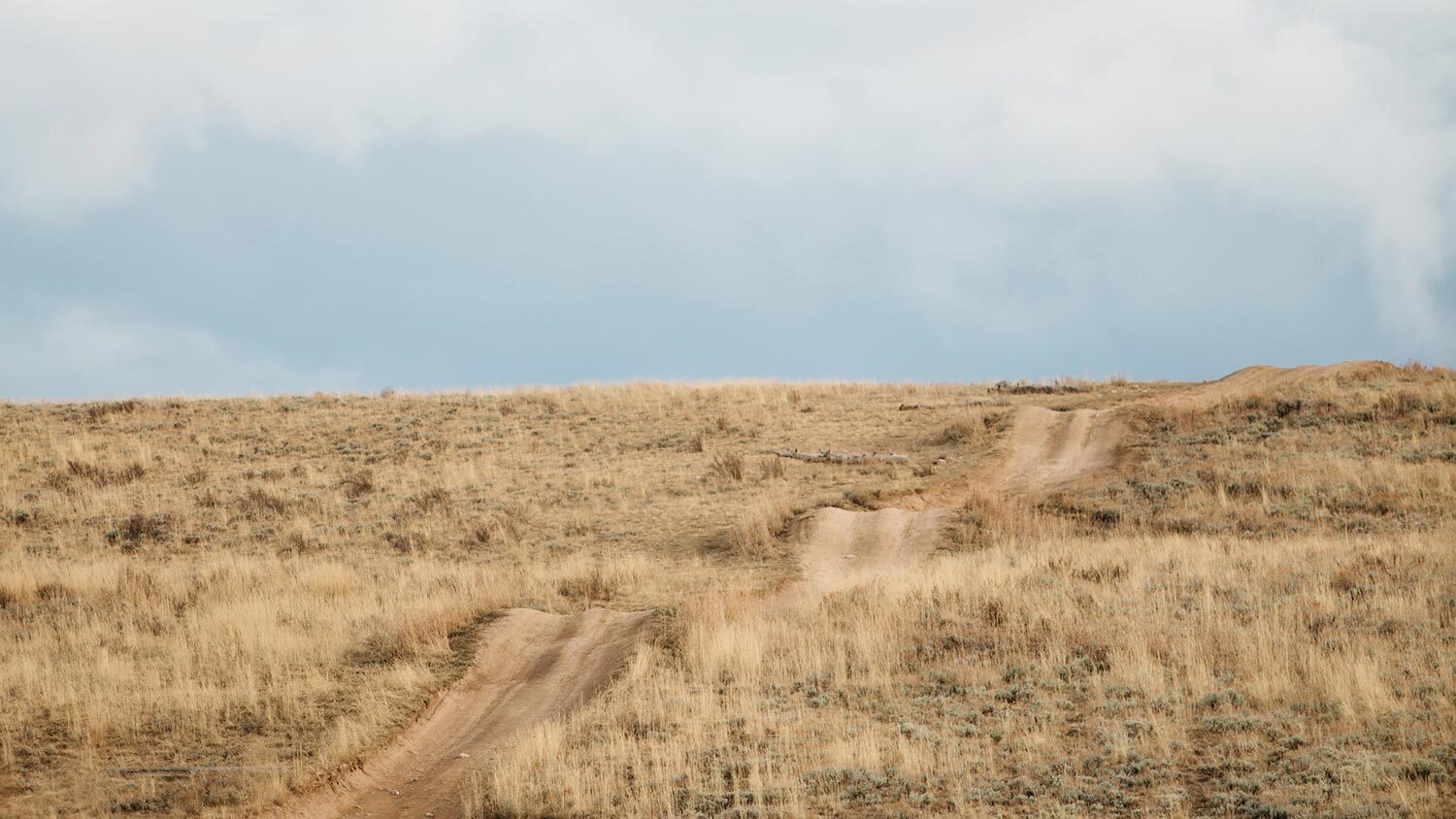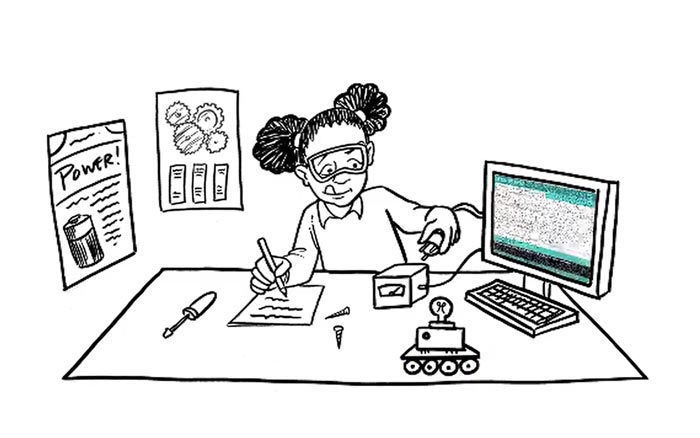What Farmers in Tunisia Might Say About Education R&D

Let’s be honest: When it comes to breakthrough school models, do we really know what we’re doing? Or let me ask it this way: Do we know what is the very best way to do school in an information age?
If we’re brutally honest, we don’t know the best way to do school right now. At least we don’t agree. Yes, there are incredible, innovative schools where students are achieving outcomes like we’ve never seen before. But there aren’t many of those; and mainly, we have so much to learn.
We don’t know how to do school because the world has changed and continues to change rapidly. Most of our current school models are rooted in the Industrial Era, where automation and machinery was the threat du jour. In some ways, we are educating young people at a moment in history that is in limbo between the Internet’s initial creation and an age when…well…it’s actually really hard to say because things keep changing.
For something so essential as a good education, what’s the right move in an environment of uncertainty?

One night recently my wife was watching the Netflix Original Cooked, hosted by Michael Pollan, author of The Omnivore’s Dilemma. Knowing the work I do with Transcend, she pulled me over to watch a section of an episode called “Air.”
Pollan was talking about the relationship of bread in a community, and of yeast to life. In Tunisia, he explained, people rioted violently when bread prices doubled. Bread affected the start of the French Revolution, and during the Arab Spring, there was a shortage of wheat.
Tunisia used to be the breadbasket of the world, but now, due to changes in climate, it is very difficult to grow wheat in modern Tunisia. In recent history, farmers there have lost entire crops for as many as six or seven years in a row. Such losses are devastating for a population where wheat is the biggest staple of their diet.
But a group of geneticists and farmers are doing something about it. They are systematically asking the question: What is the best species of wheat that will grow for right now, and what could possibly grow in the future? Specifically, they are testing as many varieties of wheat as possible and cataloging their strengths and weaknesses to see what works best. They’re storing species in seed banks: seeds that might not be viable now, but could be 20 years from now, when climate conditions are likely to be worse.
Whenever there is a problem with bread, there is political unrest. The science behind the bread, which has longer term implications, means the difference between war and peace.
So I get why my wife pulled me over. While education methods do not seem like they provoke outright wars, disparities in education are leaving children unprepared for the kind of challenges they will face later in life. You could say there’s a parallel between hungers here: hunger for food, hunger for information.
That’s why at Transcend, we are asking the question: How should we do school now? And how will we do school in the future? We’re partnering with forward-thinking school operators, learning scientists, and R&D talent not just to replicate the emerging education innovations such as personalized learning, design thinking, and social and emotional learning, but also to deliberately and responsibly test innovative school model components, get actionable feedback, and iterate the approach. It’s not just throwing spaghetti up against the wall to see what sticks; it’s actually setting the timer to see how long it takes to get al dente spaghetti, and then adjusting the recipe for different settings, climates, and equipment.

We now have active partnerships on track to launch and codify multiple breakthrough school models, each in a different region of the U.S. But it all started with our first partner, Achievement First, a network of public charter schools. With our partnership, AF designed and implemented a pilot of a new school model called Greenfield Schools. It integrates some fresh ideas, including: self-directed learning, a personalized learning platform, and student “Dream Teams,” for example. A Dream Team is a way of creating a “village” around student achievement; it includes parents, caregivers, siblings, community members (such as a pastor or a coach), teachers, and peers to capitalize on focusing loving and supportive individuals in students’ lives to help them articulate their aspirations and convert their dreams into goals.
Early indicators are very promising, both academically and from a teacher retention standpoint. More details can be found in this case study.
While we might not know exactly how to do school in an information age, we are learning more and more. My hunch is that one day we will look back at this era of transition and thank those innovators who right now are responsibly and deliberately testing ideas to discover the best ways forward.
For me, the story of Tunisian wheat super-seeds is a powerful reminder of what happens in terms of generations nurturing the next ones. We all need some form of bread to sustain ourselves in life. Let’s make sure our education system is planting the same sorts of seeds to help the children of today maintain their appetites for lifelong learning.
By Tyler S. Thigpen
Transcend supports communities to create and spread extraordinary, equitable learning environments.

